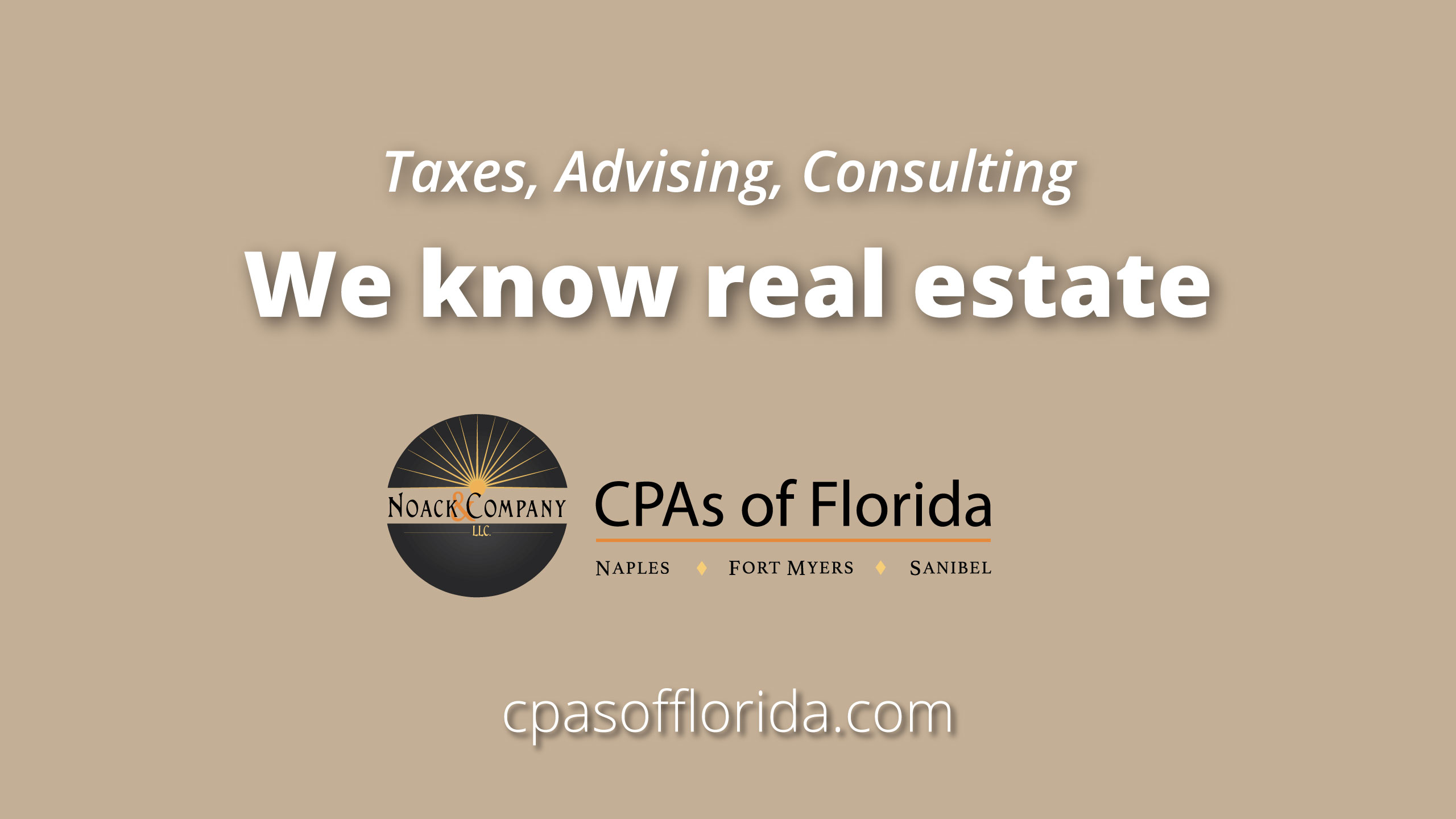
Top 10 FAQs For Real Estate Agents – Do I Need to Track My Miles?
The dreaded mile tracking question! While many of our agents are getting better at this, we still see too many who “ballpark” their miles driven. We then get the question: Is that really a big deal? Now, you are asking me, so I am going to go with the law here (of course) and say that yes, it is a big deal. Let’s go into a bit of background first.
The IRS allows you to take either your actual costs of driving your vehicle as a business expense(gas, insurance, repairs, etc) or to track your miles driven, and use the standard business mileage rate. You would then multiply your miles driven for business against this rate, and voila, there’s your expense. For 2021 the standard business mileage rate is .56 cents per mile (it was .575 in 2020). You can’t do both actual costs and miles driven as that would be double dipping. For purposes of this blog, we are going to assume you are tracking miles in lieu of using your actual costs. So, lets’ say you drive 15,000 business miles, your expense on your taxes would be $8,400 (15,000 x .56). Easy enough. However, we will now shift over to the question at hand: how necessary is it to actually track this?
My opinion? Very. Should you get audited, an IRS agent is going to require you to submit your mileage log. This log needs to include the date, beginning odometer, ending odometer, address and purpose of trip for every. Single. Drive. You. Took. If you can’t provide this (because you “ballparked it”), you will either (a) be forced to recreate this from your calendar and will be hating life or (b) your auditor will disallow your miles and you will owe lots of money. Neither of these situations is enjoyable. Miles driven is likely one of your biggest expenses due to the nature of your business, if you are trying to pick one area to be super diligent and on the ball, please let this be it. You will thank me should you ever need to support it to an auditor, and if not, you will rest easier knowing you can easily prove it all.
If you are wondering how to start, there are two main ways to do so:
- Pen and paper. Believe it or not, we have lots of clients spanning all generations who prefer to just keep a notebook in their center console, and jot it down every time they drive for the day. Again, the headings I noted above are what you need: date, beginning odometer, ending odometer, address/location and a note of some sort. This might look like this:
| 2/16/21 | 23,120 | 23,170 | 123 Shamrock/West View | Dillon showings |
- Use an app. MileIQ is great! You can download the app (you pay for this one, but there are free ones out there), then simply swipe for business/personal when you start driving, and the app tracks the locations for you. You will still need to add notes, odometer, etc but this makes life so much easier. This then creates a full blown report within the app with your mileage log needed for taxes.
Whichever option you select- pick the one you can stick with. It does no good to start, have good intentions, then trail off in March. You have to commit to tracking this during the year, so go with whichever option speaks to you as being easiest because let’s be real, if it’s not easy it’s not gonna happen.
Here’s my favorite tip- whichever way you go, IRS auditors like to see that your car was actually used and you didn’t magically create all of this in your head. The way they like to prove it? Invoices from third party vendors showing your odometer readings. Yes, even if you are going with actual costs, they will likely ask for this. Take your car in to your favorite mechanic every year in January. Have them do a once over, give you your invoice (with the odometer reading stamped on it) and stick that in your tax file. If you do that every single January, you now have your proof year over year that your car physically traveled during the year. Why January? You can now prove beginning and end of year miles by comparing this January’s invoice to last January’s. December works too.
As always, please reach out to me with any specific questions I can help you with, I am here to help! You can reach me best via email at [email protected]., or you can call my office at (239) 936-6144. Let’s connect!
You can also listen to my podcast on this same topic here.